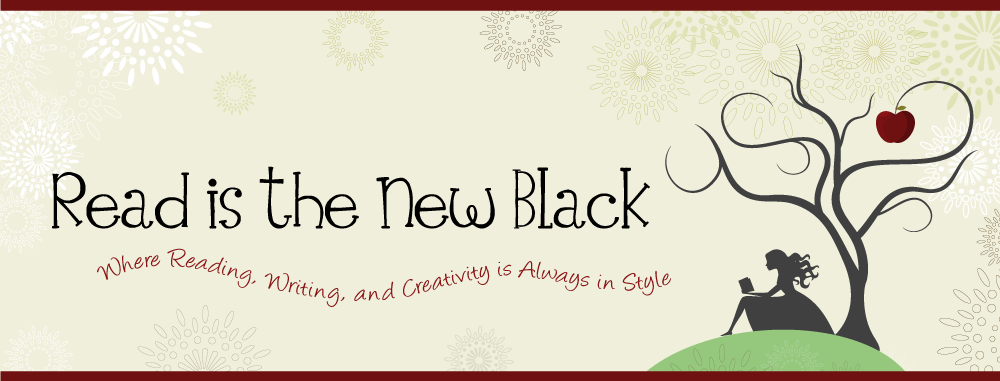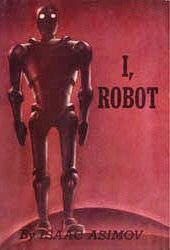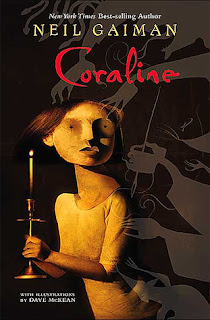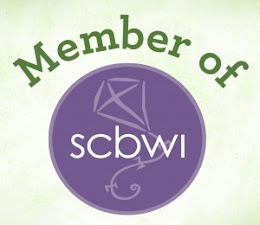Thanks to D.L. Hammons for hosting the Deja Vu Blogfest, where bloggers are invited to re-post something we'd posted earlier this year. Since I had posted about fan theories late on IWSG day back in the fall, I don't think this post got as many views by the IWSG community as it should have. So here I am, posting it again...
There are a lot of fan theories about popular stories of various mediums on the Internet. These fan theories range from the one about the classic film Grease, that Sandy actually died when Danny tried to rescue her from drowning, as referenced in "Summer Nights," to the speculation that HARRY POTTER’s Ginny Weasley drugged Harry with a love potion, to Gilligan being Satan while the other inhabitants on Gilligan’s Island were the seven deadly sins, to how, in the movie (or theatrical production, which I'd recently seen) of The Wizard of Oz, Dorothy's Bizarro twin was actually the deceased Wicked Witch of the East, whose face is never shown. But interestingly, the two ladies share a shoe size.
There are a lot of fan theories about popular stories of various mediums on the Internet. These fan theories range from the one about the classic film Grease, that Sandy actually died when Danny tried to rescue her from drowning, as referenced in "Summer Nights," to the speculation that HARRY POTTER’s Ginny Weasley drugged Harry with a love potion, to Gilligan being Satan while the other inhabitants on Gilligan’s Island were the seven deadly sins, to how, in the movie (or theatrical production, which I'd recently seen) of The Wizard of Oz, Dorothy's Bizarro twin was actually the deceased Wicked Witch of the East, whose face is never shown. But interestingly, the two ladies share a shoe size.
The creator of Grease dismissed the fan theory about his musical being merely Sandy's coma dream. It wouldn't surprise me if other creators of stories coming under speculation would brush off out-there fan theories as well. Still, I find some fan theories quite insightful, regardless of whether or not I believe in them. The "what if" questions presented in some of these fan theories challenge my notion of what seems familiar and comforting in these stories and encourages the exploration of a darker or more twisted perspective of what could be lurking beneath the surface.
Taking the concept about hidden stories past fiction into reality, I am reminded that it's important to take a closer look at what, at first glance, might seem familiar and comforting and to remember what is intentionally projected in any environment for an audience might not necessarily reflect what is actually there.
Do you have any fan theories surrounding a story? What fan theories have you heard that you find interesting? (I myself could spend a day discussing my fan theories about the movie Inception.)
























